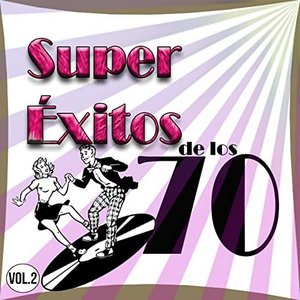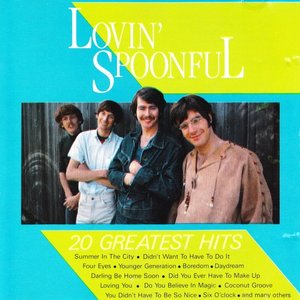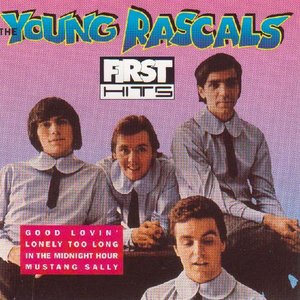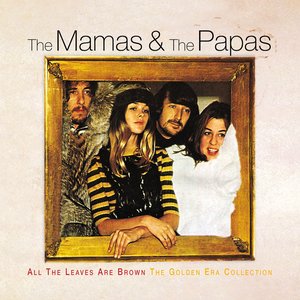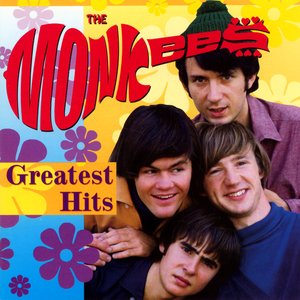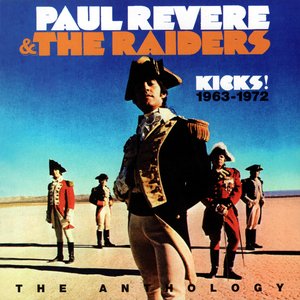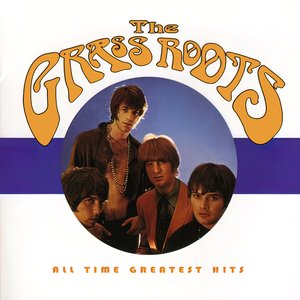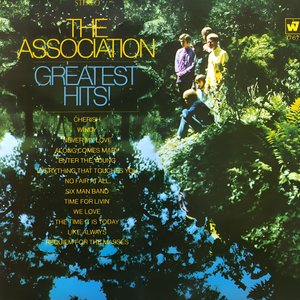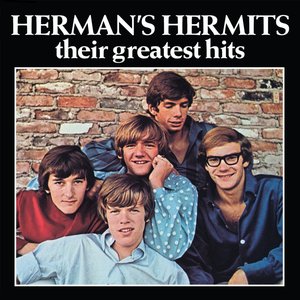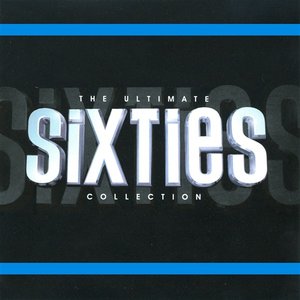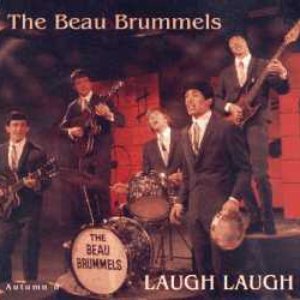Wiki
-
Length
2:07
"Do You Believe in Magic" is a song by American rock band The Lovin' Spoonful, released as their debut single in 1965. It became one of their most iconic tracks and helped establish the band as one of the leading acts of the mid-1960s pop rock scene. The song is known for its catchy melody, upbeat rhythm, and its blend of folk rock, pop, and early psychedelic influences.
Title Song
"Do You Believe in Magic" is a classic pop song written by John Sebastian, the lead singer and songwriter for The Lovin' Spoonful. The song is characterized by its infectious melody and simple, upbeat lyrics that convey a sense of joy, wonder, and the magic of music. It became one of the band's signature songs and is often remembered as one of the defining tracks of the 1960s.
Background
The song was written by John Sebastian, and it was released in 1965 as the debut single from the band's self-titled debut album Do You Believe in Magic. The track was produced by Erik Jacobsen and featured the classic Lovin' Spoonful lineup of John Sebastian (vocals, guitar), Zal Yanovsky (guitar), Steve Boone (bass), and Joe Butler (drums).
"Do You Believe in Magic" was inspired by the idea of the transformative power of music and its ability to uplift people. The song is both a celebration of the joy that music can bring and a playful invitation to listeners to embrace the magic of the moment. It also reflects the youthful optimism of the 1960s, a time when popular music was seen as a vehicle for change and expression.
The song was a commercial success, reaching #9 on the Billboard Hot 100 and becoming a hit on various radio stations across the United States. It helped The Lovin' Spoonful gain widespread recognition and set the stage for the band's successful career in the mid-to-late 1960s.
Musical Style
"Do You Believe in Magic" is a blend of folk rock and pop, with elements of early psychedelic music. The song features a jangly guitar riff, upbeat percussion, and a catchy, sing-along chorus. The arrangement is simple but effective, with a prominent keyboard line and tight harmonies that give the song an infectious, feel-good vibe.
The song's upbeat rhythm and catchy melody are enhanced by the use of traditional folk instruments, giving it a rootsy yet polished sound. The Lovin' Spoonful's distinctive mix of folk, pop, and rock elements became a hallmark of their style and is evident in this early hit.
Lyrical Analysis
"Do You Believe in Magic" is about the power of music to create a sense of wonder and joy. The lyrics invite listeners to embrace the feeling of magic that comes with listening to music and experiencing life with an open heart. The song's chorus, "Do you believe in magic? / In a young girl's heart / How the music can free her, whenever it starts," emphasizes the transformative and liberating power of music.
The song speaks to the innocence and optimism of youth, celebrating music's ability to connect people and evoke emotions. The lyrics also capture a sense of timelessness, as they suggest that the magic of music can transcend any barriers and bring people together.
Chart Performance
"Do You Believe in Magic" was a commercial success for The Lovin' Spoonful. The song reached number 9 on the Billboard Hot 100, marking the band's breakthrough into the mainstream. It was one of the first songs by The Lovin' Spoonful to gain widespread popularity and radio airplay, and it helped establish the band as a key player in the 1960s pop and folk rock scenes.
The song's success also helped the album Do You Believe in Magic reach the top 40 of the Billboard 200, further solidifying the band's place in the pop music landscape of the mid-1960s.
Live Performance
"Do You Believe in Magic" became a staple in The Lovin' Spoonful's live performances. The song's energetic and catchy nature made it a favorite among audiences, and it was often performed as a high-energy opener during their concerts. The song’s infectious rhythm and sing-along chorus made it a crowd-pleaser and an integral part of their live shows.
The song's simplicity and joyfulness also made it an ideal track for The Lovin' Spoonful to perform in a variety of settings, from intimate club gigs to larger festival stages, and it remained a highlight of their performances throughout their career.
Personnel / Band Members
John Sebastian – Vocals, guitar, harmonica
Zal Yanovsky – Guitar, backing vocals
Steve Boone – Bass, backing vocals
Joe Butler – Drums, backing vocals
Reception
"Do You Believe in Magic" received positive reviews from critics, who praised the song's infectious energy and catchy melody. It was seen as an excellent introduction to The Lovin' Spoonful’s distinctive blend of folk, pop, and rock influences. The song’s success on the charts and its popularity with radio stations marked the beginning of a successful career for the band, which would go on to release a series of hits throughout the 1960s and 1970s.
The song is often remembered as a classic example of the folk rock and pop music of the 1960s, and it continues to be celebrated as one of the band's defining tracks.
Trivia
"Do You Believe in Magic" was The Lovin' Spoonful's debut single and helped launch their career in the mid-1960s.
The song was included in Rolling Stone magazine's list of the "500 Greatest Songs of All Time" due to its impact on pop music and its enduring popularity.
The song's success was also aided by its use in television and film, where it was often featured in scenes that captured the spirit of the 1960s counterculture.
Legacy
"Do You Believe in Magic" remains one of The Lovin' Spoonful's most iconic and beloved songs. Its catchy melody, upbeat rhythm, and timeless lyrics have ensured that it continues to be remembered as one of the defining tracks of the 1960s. The song helped establish The Lovin' Spoonful as one of the leading bands of the era and solidified their place in the history of folk rock and pop music.
The song has been included in various greatest hits compilations and remains a staple of classic rock and 1960s music playlists. It continues to be celebrated for its infectious energy, joyful spirit, and the way it captures the magic and wonder of youth.
Track descriptions on Last.fm are editable by everyone. Feel free to contribute!
All user-contributed text on this page is available under the Creative Commons Attribution-ShareAlike License; additional terms may apply.
